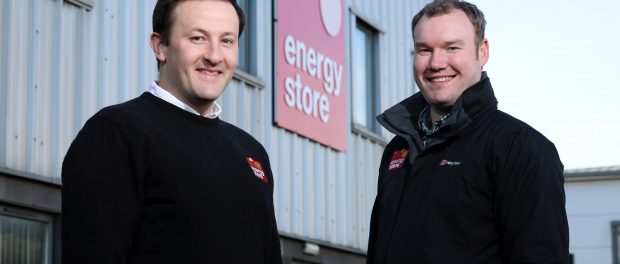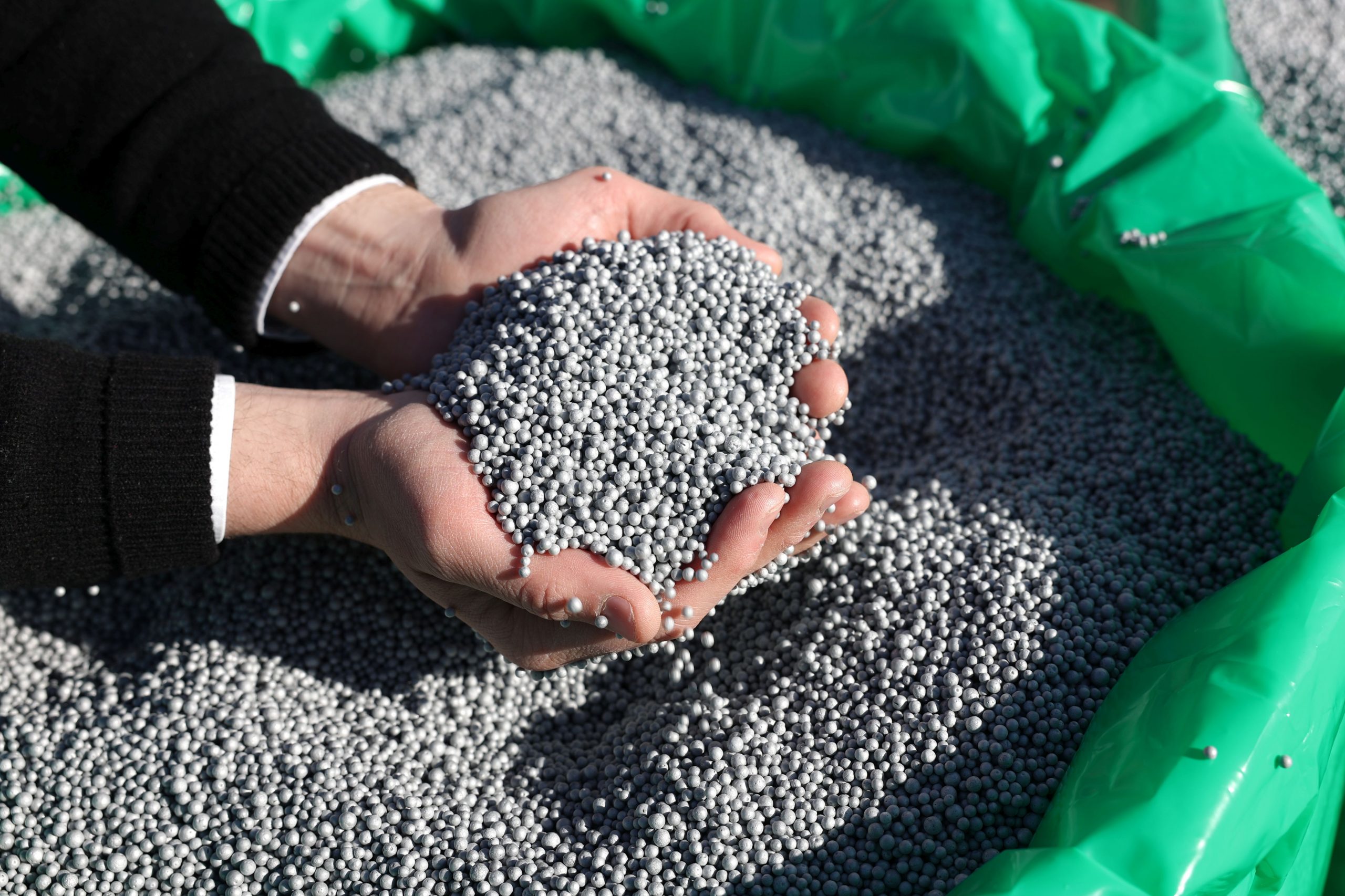energystore launches low-carbon footprint insulation product range

- Significantly reduced product carbon footprint while maintaining high product quality
- energystore+ range based on expandable polystyrene (EPS) granules Neopor® BMB by BASF
- First major renovation project with energystore+ successfully realized
In a UK industry first, energystore is launching a new low-carbon footprint insulation product range, energystore+, combining climate protection with high quality product.
energystore+ uses sustainable biofuels at the raw material stage, a low-carbon alternative to fossil fuels, reducing the amount of carbon emissions.
The new products provide customers the significant opportunity to reduce the carbon footprint of their buildings, whether they are residential or commercial.
The energystore superbead+ system is an injected EPS foam bead designed for use in multiple cavity wall scenarios including masonry, party wall and timber frame. It is designed to make homes as thermally efficient as possible.
energystore TLA+ combines EPS foam beads coated in an innovative additive with cement to create a pourable insulation for use in floor and roof construction. Both energystore+ products are based on expandable polystyrene (EPS) granules Neopor® BMB, produced by BASF.
Conor McCandless, energystore Group Sales & Innovation Director, said:
“After working with BASF over the last 18 months on this project we’re thrilled to bring energystore+ to our customers. We believe that future construction projects need to reduce carbon emissions. The energystore+ range gives a fantastic option for our customers to make their next project as sustainable as possible.
“The insulation of buildings is essential for the reduction of carbon emissions. Houses can heat up faster and stay warm for longer, resulting in building owners saving energy and heating costs.”
The energystore+ product range is using Neopor® BMB from BASF, which is manufactured by replacing fossil feedstock with an equivalent amount of renewable resources at the very beginning of the value chain.
This kind of production saves fossil resources and further improves the positive sustainability profile of EPS. The use of renewable raw materials significantly reduces the product carbon footprint of Neopor® BMB compared to traditionally produced Neopor®.
Phil Marsh, Commercial Manager UK & Ireland for Styrenic Polymers at BASF said:
“We’ve worked closely with energystore for many years. We’re delighted that energystore is the first UK company using Neopor® BMB for high-quality insulation solutions. It is of utmost importance for us to contribute with our products to reducing fossil resources consumption and greenhouse gas emissions during our production as well as reducing greenhouse gas emissions generated by heating or cooling buildings.”

The first project using energystore TLA+ was successfully installed in a major London renovation project in February 2023.

